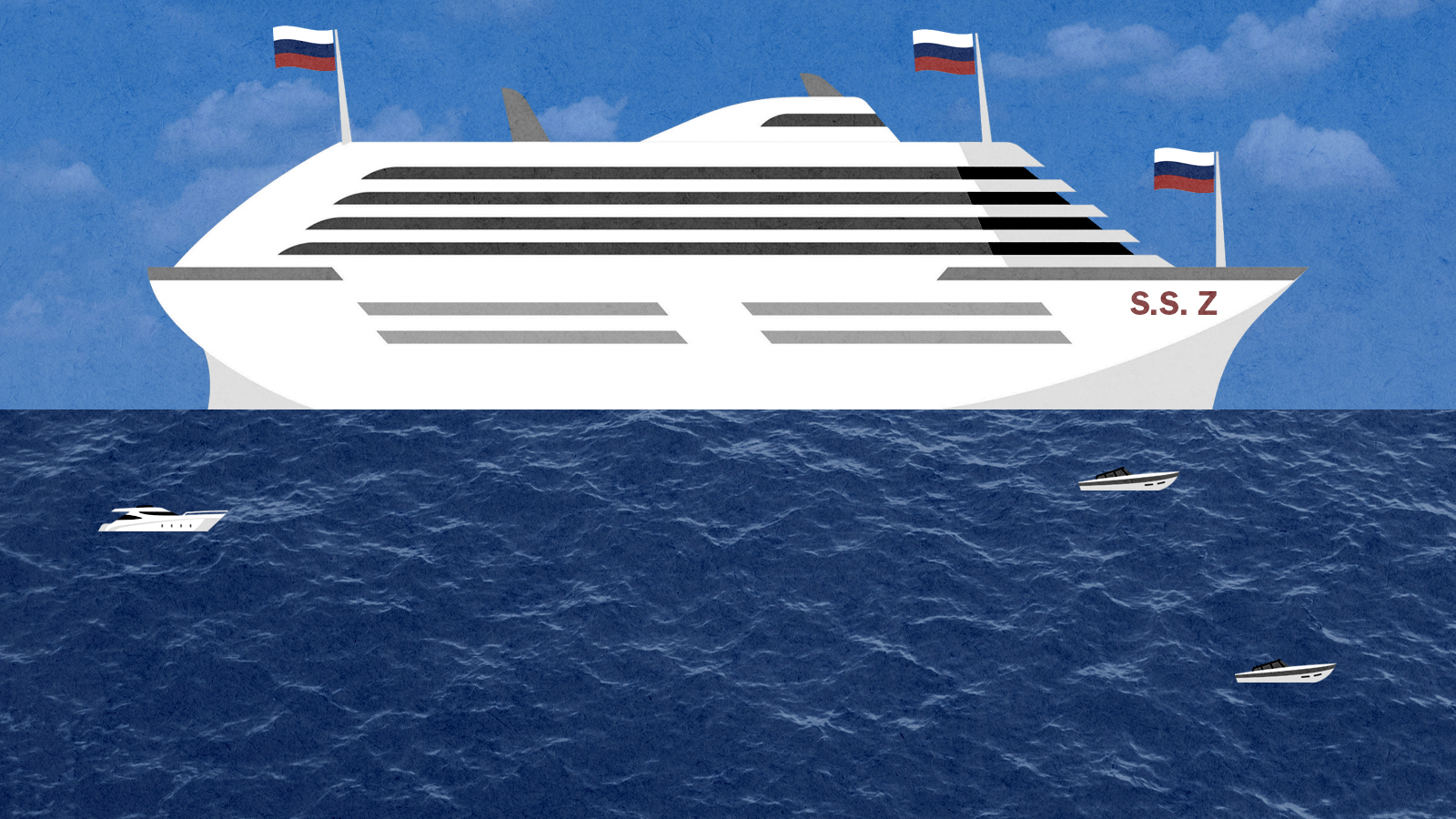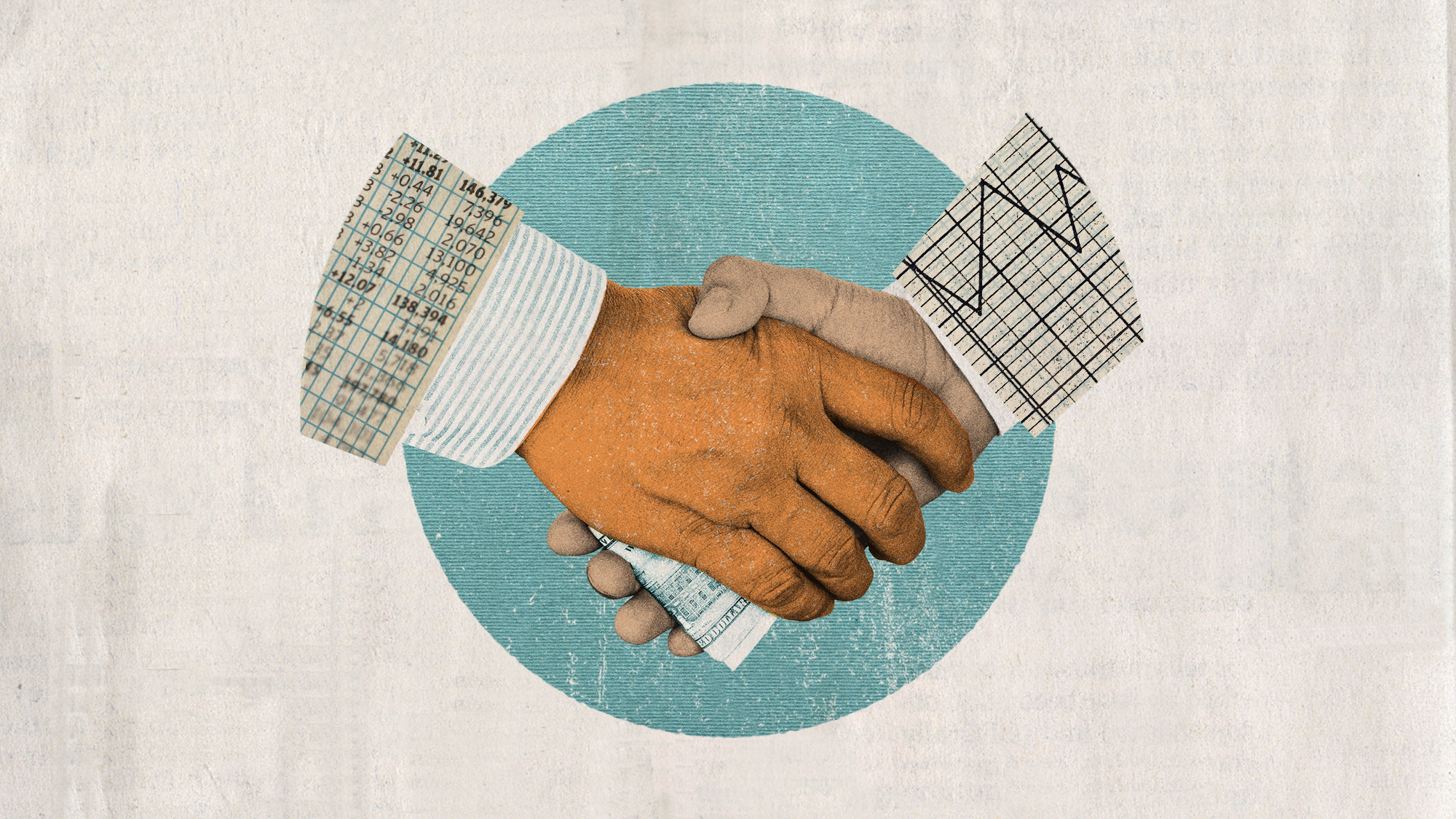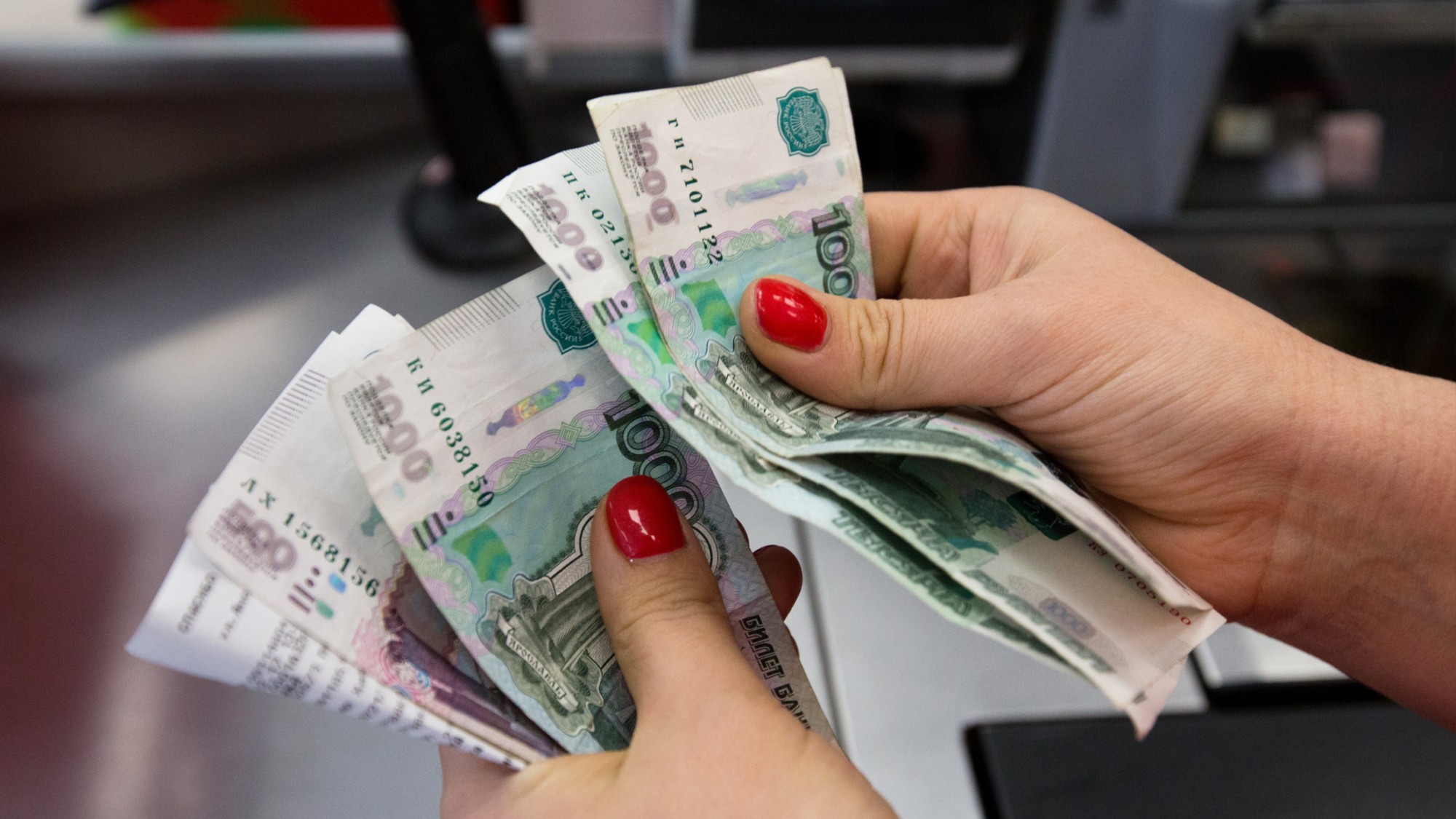The moral rot of the superyacht


A free daily email with the biggest news stories of the day – and the best features from TheWeek.com
You are now subscribed
Your newsletter sign-up was successful
The superyachts are on the move.
First, it was Graceful — a $140 million superyacht rumored to be owned by Russian President Vladimir Putin himself — which presciently left Hamburg two weeks before Russia's invasion of Ukraine for the friendly home waters of Kaliningrad. The crew of Vagit Alekperov's Galactica Super Nova, priced at $83 million, acted next, departing Spain the day after the invasion and vanishing from ship-tracking websites after a brief stop in Montenegro. Solaris (worth $600 million) likewise fled its Barcelona shipyard after the European Union sanctioned her owner, Russian oligarch Roman Abramovich; she's now safely stashed away in sanctionless Turkey, along with Abramovich's even-more-expensive superyacht, the $700 million Eclipse.
Other vessels weren't so lucky: Gibraltar seized billionaire Dmitry Pumpyansky's Axioma; France took Igor Sechin's Amore Vero; and Italy nabbed Gennady Timchenko's Lena, Alexey Mordashov's Lady M, and Andrey Melnichenko's SYA. Vladimir Strzhalkovsky's Ragnar is stranded in Norway, where local businesses are refusing to refuel it. President Biden threatened to "find and seize your yachts" in his State of the Union, and lawmakers have proposed using seized superyachts to fund humanitarian assistance for Ukraine.
The Week
Escape your echo chamber. Get the facts behind the news, plus analysis from multiple perspectives.

Sign up for The Week's Free Newsletters
From our morning news briefing to a weekly Good News Newsletter, get the best of The Week delivered directly to your inbox.
From our morning news briefing to a weekly Good News Newsletter, get the best of The Week delivered directly to your inbox.
Thus have the paradisical ports of Europe become the frontline in the soft-power war the West is waging against Moscow. But the centrality of superyachts to the Russo-Ukrainian war might not actually be as odd as it appears. It has a certain ring of justice.
These ostentatious, teak-and-aluminum eyesores are the manifestation of extreme privilege and immorally-begotten wealth — any system in which $700 million yachts and poverty coexist is inherently rotten. And while putting the squeeze on Russia's uber-wealthy might not be enough to make Putin retreat from his objectives in Ukraine, it does in small part ensure that the most powerful members of Russian society don't get to motor off into the sunset while their poorer and powerless compatriots are left to endure the internationally-imposed consequences.
Indeed, if superyachts stand for anything beyond the poor taste of billionaires, they're proof of the moral rot of the uber-rich. Beyond the absurd price tag, "a superyacht with a permanent crew, helicopter pad, submarines, and pools emits about 7,020 tons of CO2 a year," according to The Conversation's calculations, "making it by the far worst asset to own from an environmental standpoint." (By contrast, the average annual carbon footprint for a person in the United States is 16 tons).
As even superyacht designer Jon Bannenberg used to say, nobody needs a superyacht. But now is as good a time as any for people to realize: Nobody needs an oligarch, either.
A free daily email with the biggest news stories of the day – and the best features from TheWeek.com
Jeva Lange was the executive editor at TheWeek.com. She formerly served as The Week's deputy editor and culture critic. She is also a contributor to Screen Slate, and her writing has appeared in The New York Daily News, The Awl, Vice, and Gothamist, among other publications. Jeva lives in New York City. Follow her on Twitter.
-
 The environmental cost of GLP-1s
The environmental cost of GLP-1sThe explainer Producing the drugs is a dirty process
-
 Nuuk becomes ground zero for Greenland’s diplomatic straits
Nuuk becomes ground zero for Greenland’s diplomatic straitsIN THE SPOTLIGHT A flurry of new consular activity in the remote Danish protectorate shows how important Greenland has become to Europeans’ anxiety about American imperialism
-
 ‘This is something that happens all too often’
‘This is something that happens all too often’Instant Opinion Opinion, comment and editorials of the day
-
 Trump wants a weaker dollar, but economists aren’t so sure
Trump wants a weaker dollar, but economists aren’t so sureTalking Points A weaker dollar can make imports more expensive but also boost gold
-
 Can Trump make single-family homes affordable by banning big investors?
Can Trump make single-family homes affordable by banning big investors?Talking Points Wall Street takes the blame
-
 Will latest Russian sanctions finally break Putin’s resolve?
Will latest Russian sanctions finally break Putin’s resolve?Today's Big Question New restrictions have been described as a ‘punch to the gut of Moscow’s war economy’
-
 Is a financial market crash around the corner?
Is a financial market crash around the corner?Talking Points Observers see echoes of 1929
-
 Trump wants to revive coal. Will it work?
Trump wants to revive coal. Will it work?Talking Points Wind, solar and natural gas are ascendant
-
 Is Trump America's CEO?
Is Trump America's CEO?Talking Points The party of free enterprise turns to 'cronyism'
-
 Why has the Russian ruble performed so well this year?
Why has the Russian ruble performed so well this year?Today's Big Question Despite economic malaise, Russia's currency is up 45% on the year
-
 How potatoes became an 'unusual bellwether' in Russia's economy
How potatoes became an 'unusual bellwether' in Russia's economyUnder The Radar Spud shortages are pointing to a wider crisis in the nation's finances
